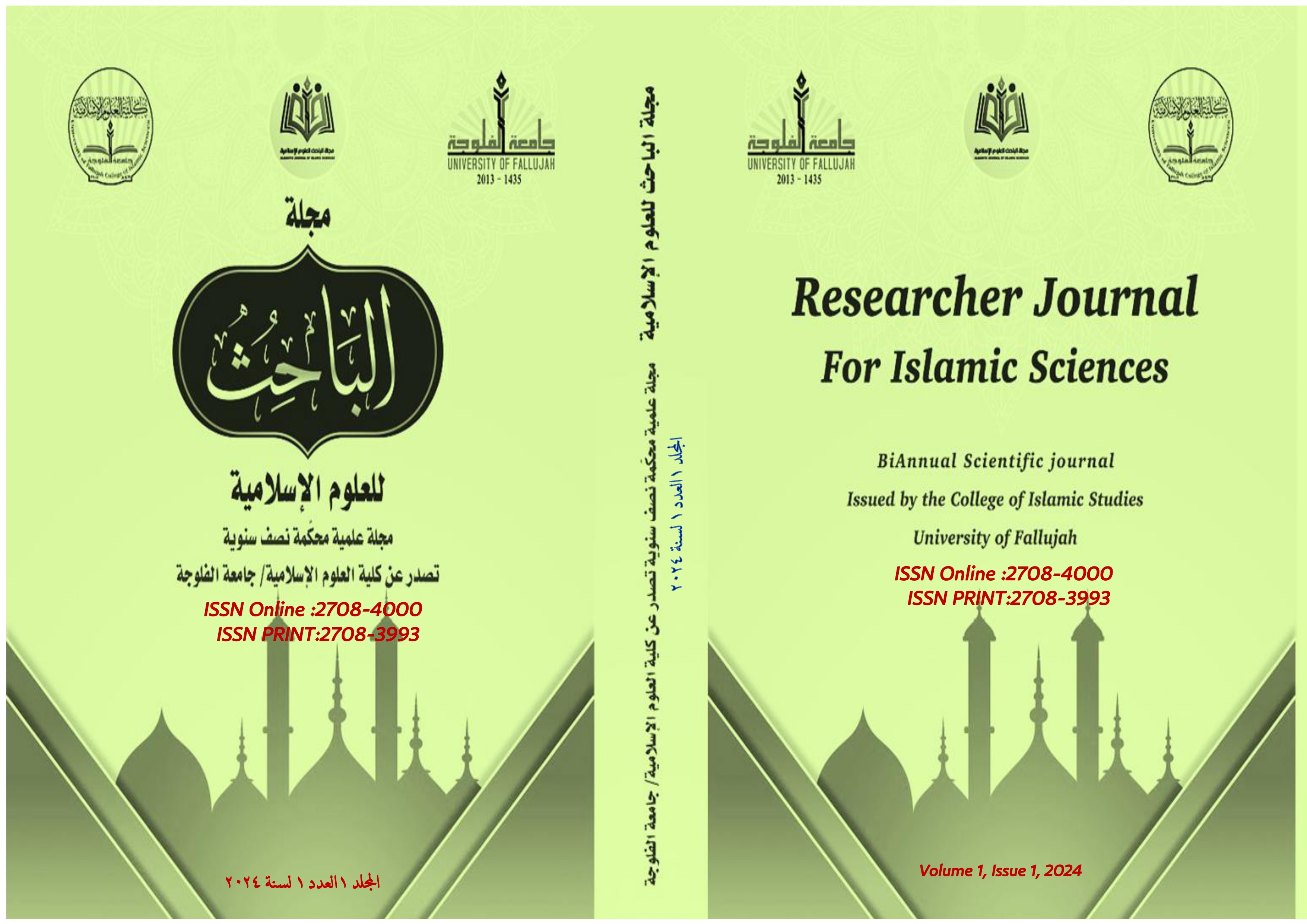STUDY AND VERIFICATION OF "GRATI-TUDE TO THE BENEFACTOR" IN AL-ANBABI'S REPORT ON AL-BANNANI'S COM-MENTARY ON AL-MAHALI'S COLLECTION OF AL-JAWAMAA
Abstract
The creation of mankind by Allah Almighty and His abundant blessings upon them are immeasurable and countless. These blessings are so vast that even the most devout worshippers find it challenging to express their gratitude adequately. One of the greatest blessings is the religion sent through the messengers, elucidating divine laws, goodness, and evil for people. Compliance with His commands is pure obedience to Allah, deserving of reward. Among the precepts prescribed by the Sharia is "gratitude to the benefactor." Gratitude is deemed an act of worship founded on religious teachings. The majority of scholars agree that expressing gratitude to the benefactor is a religious obligation, contrary to the Mu'tazilites who argue it is a rational duty. They base their judgments on rationality, emphasizing commendation or condemnation. For them, gratitude falls under intellectual rulings. They assert that gratitude is a rational obligation. However, the majority refute the Mu'tazilites' reliance on reason in determining gratitude. They argue that the mind cannot comprehend Allah's blessings until they are acknowledged. The hidden blessings surpass the apparent ones, making it impossible to truly repay Allah's favors. Yet, submission, obedience, and acknowledgment of the Benefactor are forms of gratitude, albeit incompletely. Scholars, including Al-Anbabi in his work, have extensively debated this issue. Al-Bannani, in his commentary, aligns with the majority view that gratitude to the benefactor is a religious duty.
Keywords:
Al-Anbabi, Al-Bannani, Al-Jawamaa Collection, Gratitude to the Benefactor.Additional Files
Published
How to Cite
Issue
Section
License
Copyright (c) 2024 Researcher Journal of Islamic Sciences

This work is licensed under a Creative Commons Attribution-NonCommercial-NoDerivatives 4.0 International License.
تجربة






